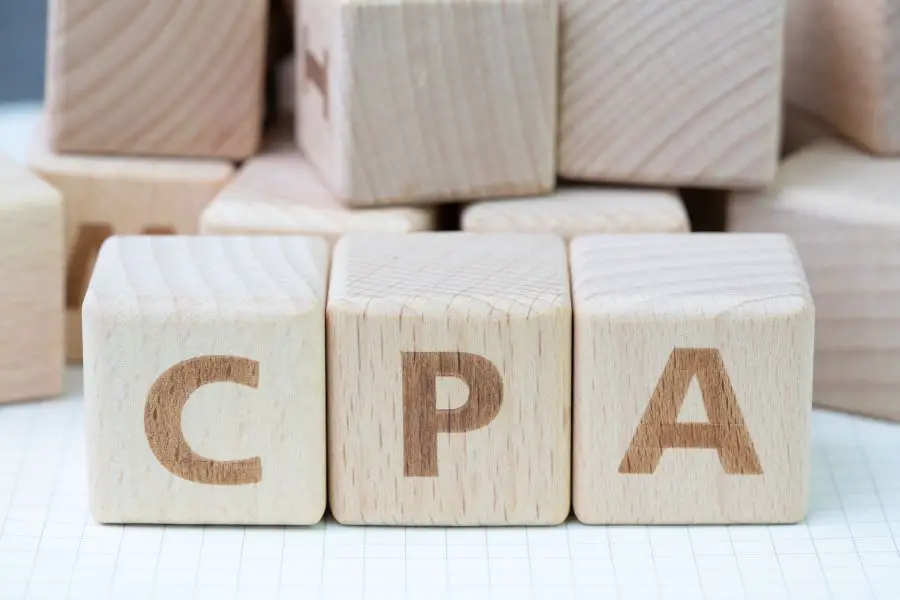
CommonCentsMom.com is advertiser-supported: we may earn compensation from the products and offers mentioned in this article. However, any expressed opinions are our own and aren't influenced by compensation. The contents of the CommonCentsMom.com website, such as text, graphics, images, and other material contained on this site (“Content”) are for informational purposes only. The Content is not intended to be a substitute for professional financial or legal advice. Always seek the advice of your Financial Advisor, CPA and Lawyer with any questions you may have regarding your situation. Never disregard professional advice or delay in seeking it because of something you have read on this website!
You can legally work in any state that requires CPA licensing, even when you don’t live in that state. So, in order to help you figure out which state is easiest to get a CPA license. We need to break down the CPA requirements for each state. I’ve also listed the states that have the toughest requirements for their CPA licensing.
The Requirements by State
There are certain states that require candidates to have a bachelor’s degree before they can obtain a CPA license.
There are 55 jurisdictions that define CPA requirements in the United States. There are 55 jurisdictions in the United States. So, you can choose between 55 options in the state where you want to get your license.

Aside from that, the AICPA and the National Association of State Boards of Accountancy (NASBA) are trying to fulfill the requirements across all fifty states. There are some common requirements across all states for CPAs, and this is generally consistent with what every state requires.
Candidates who want to become CPAs must have a bachelor’s degree. They must also complete 150 credit hours of university coursework. Bachelor of science degrees do not necessarily have to be from the accounting field.
In other words, the state boards insist that candidates earn 150 hours of college credit, which may include some accounting courses. But, this number can be different from one state to another.
Some states require students to take more advanced accounting and courses than what a bachelor’s degree requires them to take. Others insist that a bachelor’s degree in accounting covers all the accounting courses that they would like in a CPA.
State boards are looking for candidates who have taken accounting courses. Many state boards of accountancy insist that candidates take very specific business courses or that they take college level math courses to meet their requirements for a CPA license. Many state boards define the lower-level accounting that candidates must earn.
Candidates Have to Fulfill the Requirements
Most states require that candidates have 120 credit hours in their schools in order for them to accept you for the Exam. That is, they want you to have earned a bachelor’s degree.
If you’re still in school, you may be eligible to sit for the Exam while you study. Some states allow students who are very close to graduating to sit for the CPA Exam less than 120 credits if they are very close to graduating.
Some states require that you complete all 120 credit hours within a certain time frame, such as being 6 months from getting a bachelor’s degree or being within 15 credits of completing 120 credit hours.
Some states require that you finish at least 150 hours of college to pass the CPA exam. Some states will have a special test for students who are close to earning 150 hours.
Some states require that you have at least 25 college credit hours in accounting before you can sit for the CPA Exam.
It’s up to each state board to decide who can sit for the CPA exam in their state. Sometimes I try to keep up with what each state’s requirements are, but sometimes those requirements change without notice.
So, the best way to ensure that you understand what your state board requires is to visit your state’s website or contact your state board.







